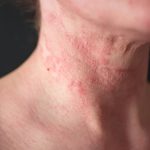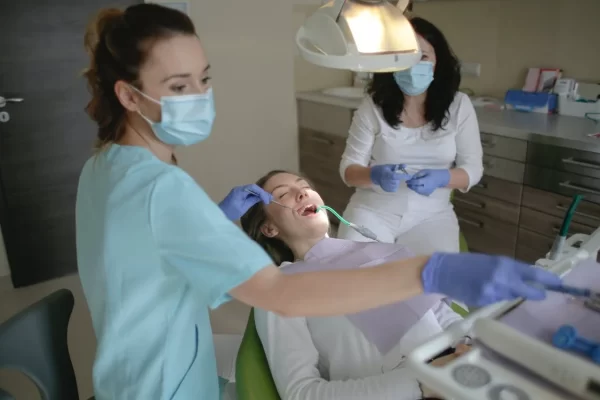Eczema is a skin condition that causes itchy, scaly skin. While there isn’t a consensus on exactly what causes stress induced eczema, most experts agree that the condition is influenced by a combination of environmental and hereditary factors.
Another thing that experts agree on is that stress and anxiety can trigger stress induced eczema flare ups. If you have eczema, here are seven ways to relax and reduce stress so that you can mitigate the risk of flare ups.
1. Enjoy a Spa Night
Self-care looks different for everyone. Watching a movie, cooking a meal at home, or starting a puzzle are all different ways that people relax at home.
If the spa is your idea of self-care, an at-home spa night could be right up your alley.
Skin care is likely already part of your usual routine but try adding some pampering to make your daily self-care feel less like a chore and more like a treat. In addition to your prescribed UVB phototherapy or topical treatments, consider taking a warm bath in a colloidal oatmeal soak, throw in an at-home mani-pedi, and treat yourself to a spa night.
2. Try Meditation
Even a small amount of meditation can go a long way. Just a few minutes a day can help with stress and anxiety. Mindfulness is all about sitting in a way that’s comfy for you, focusing on your breathing and trying to think only about the present moment. Click here to see more meditation practices you can incorporate in a day-to-day basis.
There are a ton of online resources to help you practice meditation. Try any one of them on your computer or mobile phone to get into the right headspace.
3. Get Better Sleep
A good night’s sleep is an essential tool in the fight against stress and anxiety. The majority of healthy adults need seven to nine hours of sleep to feel good. To sleep better, reduce blue light exposure from electronic devices in the hours before bedtime, stop drinking caffeine after lunch, get on a regular sleep-wake schedule, cut out long and irregular naps, lower your thermostat and create a bedtime routine that you love.
4. Light Exercise
Practices like yoga and tai chi are great for reducing stress because they help you focus on the present while offering the feel-good endorphins that are unlocked by exercise. Yoga in particular has surged in popularity in the United States. You can find classes just about anywhere, including livestreamed right from your phone.
5. Relaxing Hobbies
Coloring, knitting, gardening, playing guitar, and baking bread from scratch are just a few relaxing hobbies that can help you unwind and destress. Carving out time to do the fun, calming things you love is self-care at its finest. You’ll reap the benefits not only by helping fight stress induced eczema flare-ups, but also by feeling all-around more centered.
6. Breathing Exercises
Breathing exercises can help us calm our minds and bodies by providing us with more oxygen. When we’re anxious, we take quick and shallow breaths from our chests, upsetting the careful balance of oxygen and carbon dioxide levels in the body.
From square breathing to simply practicing steady, deep breaths, there are many breathing exercises you can do to combat stress and anxiety.
Feel-good habits take time to create, but once they’re in place, they can really help you keep eczema flare-ups at bay. Integrating phototherapy into your routine as little as three times a week can work wonders on the side-effects of stress induced eczema.











